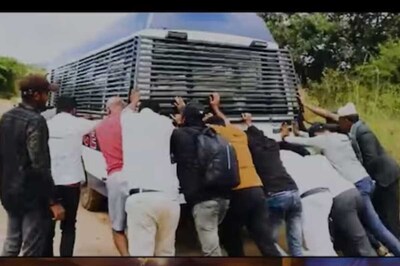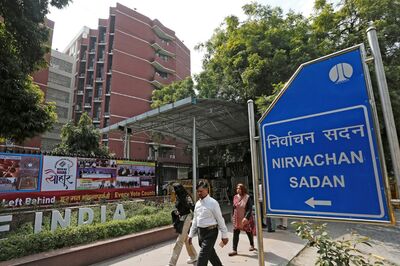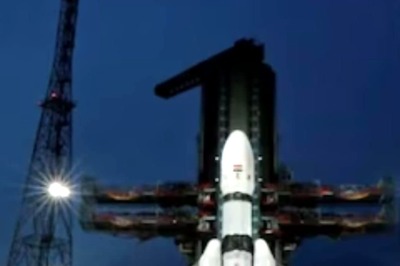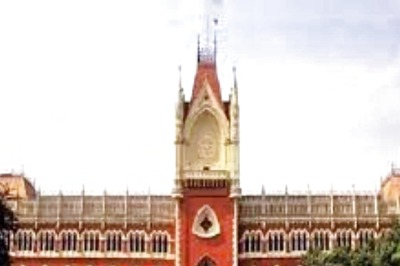
views
Lahore: A Pakistani court on Thursday adjourned until next month a decision on whether an American who killed two local men had diplomatic immunity in a case that has pushed ties between two allies toward a breaking point.
The Obama administration has piled pressure on leaders in Pakistan, an important US ally against Islamist militants, to arrange for Raymond Davis' release and avoid a precedent being set for trials of US officials abroad.
The court in Lahore, where Davis, a former Special Forces soldier shot and killed two men on January 27 in what he said was a robbery attempt, adjourned the case until March 14, dragging out the diplomatic crisis between the two countries.
US officials were earlier expected to present a petition to the court, asserting the US consulate employee was a diplomat.
But Pakistani lawyers say that Davis whose fate has galvanised anti-American fury in Pakistan, should be tried by a local court just like anyone else.
"Raymond Davis does not enjoy unfettered immunity," said Azhar Siddique, a lawyer who will argue before the court.
The government of President Asif Ali Zardari, struggling to quash militancy in the northwest of the country and revive the stagnant economy, has signalled it backs immunity for Davis but says publicly that local courts have the final say.
The case has widened fissures in ties with Washington, where officials have complained for years that Pakistan has failed to act strongly enough against Taliban and al Qaeda militants hiding out along the Afghan border.
Islamabad is loathe to let the case drag on and endanger multi-billion-dollar US assistance that it needs to equip its military to fight extremists, help it rebuild after last year's punishing floods and tackle rampant poverty.
Explosive sentiment over Davis case
Yet neither can Pakistan ignore potentially explosive emotions over the shooting incident, which also resulted in the death of a third man run over by a US vehicle that came to Davis' rescue.
One of the slain men's widows committed suicide, further heightening feelings in a nation already indigant about escalating strikes by US unmanned drones in the northwest.
Pakistan's al Qaeda-linked Taliban has warned the government it will punish any move to release Davis, adding to worries about a backlash as sweeping popular demonstrations bring political changes in Egypt and other parts of the Muslim world.
As officials on both sides seek a way out, there is mounting speculation that the United States might back payment of compensation, or blood money, as laid out under Pakistani law.
While US officials have said the Justice Department will conduct a criminal investigation of its own, it is unclear whether such a probe would lead to a trial.
Adding to the confusion is the murkiness over Davis' role atthe US consulate. While embassy officials have said Davis was part of the consulate's administrative and technical staff, many locals have accused Davis of being a spy.




















Comments
0 comment